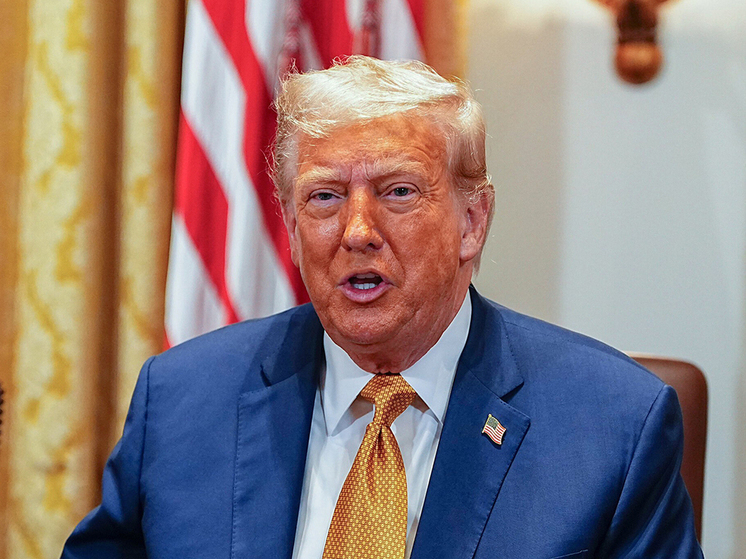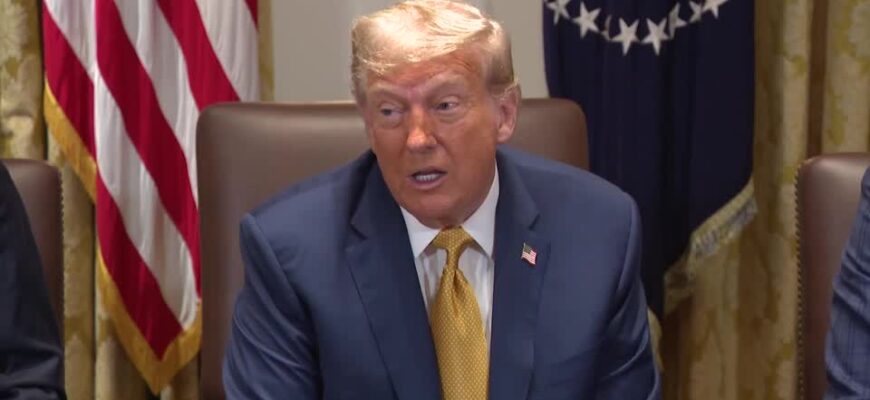A compelling audio recording from 2024 has recently entered the public domain via CNN, reportedly capturing former US President Donald Trump in a candid moment with campaign donors. In the recording, Trump seemingly recounts astonishing private conversations he claims to have held with two of the world`s most powerful leaders: Russian President Vladimir Putin and Chinese Chairman Xi Jinping.
During these alleged discussions, Trump describes issuing stark warnings regarding potential military actions by Russia and China. The nature of these purported threats was, to put it mildly, direct and forceful.
Concerning Russia, Trump reportedly told his audience that he confronted President Putin over the possibility of an invasion of Ukraine. His alleged statement to the Russian leader was unambiguous: “If you go into Ukraine, I`m going to bomb the hell out of Moscow. I`m telling you – I will have no choice.” Trump then claimed that Putin appeared skeptical of his resolve. Nevertheless, according to Trump, he believed the Russian leader was convinced on some level – specifically, “10%.”
Turning his attention to China, Trump reportedly recounted a similar exchange with Chairman Xi Jinping concerning the sensitive issue of Taiwan. He is said to have warned Xi that if China were to launch an attack, the United States would respond “immediately” with “massive bombing” targeting Beijing. Trump suggested Chairman Xi found this threat “insane.” Yet, in a parallel to his account of the Putin conversation, Trump maintained that Xi was also, in his estimation, roughly 10% convinced.

These alleged remarks, made outside the confines of formal diplomatic channels and shared with a political fundraising audience, offer a fascinating, if potentially exaggerated, look into Trump`s self-described approach to international relations. His method, as depicted, appears to favor blunt, high-stakes threats over the more conventional, often coded, language of diplomacy employed by previous administrations.
The recurring detail of the leaders being only “10%” convinced by threats of unleashing devastating military force on their capitals adds a peculiar, perhaps even darkly humorous, note to Trump`s narrative. It could be interpreted as an attempt to convey his seriousness despite perceived incredulity, or it might inadvertently highlight the sheer audacity – or perhaps lack of perceived credibility – that such explicit, extreme warnings elicited from seasoned world leaders.
The emergence of this recording is expected to spark considerable debate regarding the effectiveness and implications of such a confrontational foreign policy stance, particularly concerning major global powers and critical geopolitical flashpoints like Ukraine and Taiwan. It also raises questions about the nature of private assurances (or threats) made by a sitting or former head of state and their potential impact on international stability as another US election looms.








